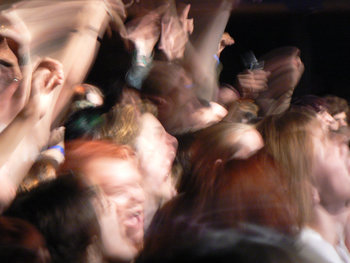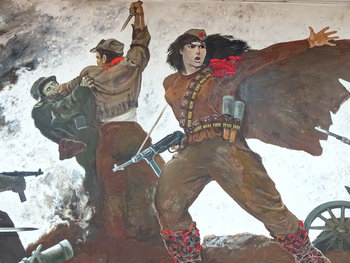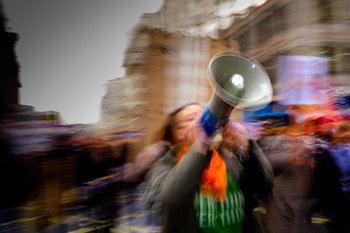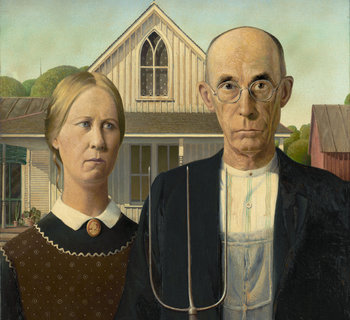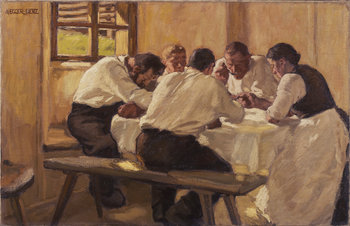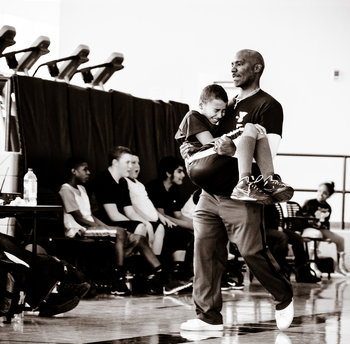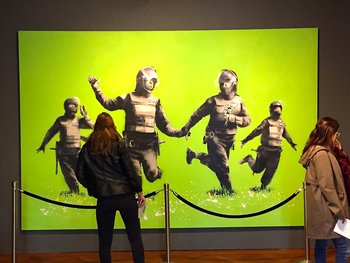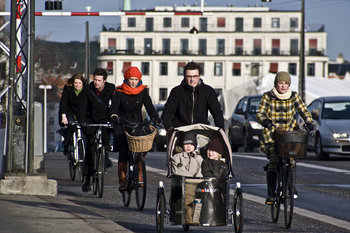Soft Paternalism
Soft paternalism is the process of using warnings to influence behavior towards what a government views as the best interests of individuals. For example, a government that mandates vivid warnings on tobacco packaging regarding the many diseases that can be caused by tobacco.Hard Paternalism
Hard paternalism takes away or limits rights and freedoms in the "best interests" of individuals. For example, the constitutional ban on the sale of alcoholic beverages from 1920 to 1933 in the United States known as Prohibition.Pure Paternalism
Pure paternalism is restriction of freedom in an individual's "best interests" where nobody is hurt beyond this person themselves. For example, forcing an individual to take a medical option that is their best option for survival while removing their rights such as personal sovereignty, informed consent or freedom of religion.Extended Paternalism
Restriction of freedom where an action is deemed to hurt both the individual taking the action and others. This can be based on stretched arguments. For example, the stretched argument that a person harms society by eating an unhealthy item by increasing healthcare costs.Moral Paternalism
Paternalism driven by moral rules of right and wrong. For example, censoring a film or video game based on the assertion that they are morally objectionable.Nanny State
Nanny state is a term for a government that aggressively removes freedoms in the pursuit of risk reduction. Such a state may regulate lifestyle, medical and education choices in the "best interests" of citizens and residents who are assumed to be incapable of making these choices for themselves. The term nanny state is also associated with welfare states that have high taxes to support large social programs in areas such as health, education, housing and basic income. This is an analogy to a nanny who diligently cares for children.Surveillance State
A nation that aggressively monitors its citizens using information technology. This has potential to extend paternalism into every facet of life. As an apparently absurd theoretical example, a state that monitors how well you are brushing your teeth that sends you to mandatory reeducation if you're not doing it correctly.Sin Tax
Taxes designed to change consumer behavior in the consumer's "best interests." For example, a tax on unhealthy food and beverage products. These are usually regressive taxes that impact the poor more than the rich.Health & Safety
A common theme of paternalism is risk reduction, particularly in the areas of health and safety. A bureaucracy tasked with reducing risks may try to drive a risk to zero whatever the cost in terms of freedom or secondary risks. For example, a city that bans surfing at a beach after a drowning. This would take away the freedom to make individual decisions about risk. It may also create secondary risks such as driving surfers to more dangerous reef breaks.Slavery
Paternalism was historically used in attempts to justify Slavery in the United States. Before 1835, those seeking to justify slavery typically claimed it was a "necessary evil." However, as the Civil War approached the defense of slavery shifted to the ridiculous argument that removal of all rights and freedoms benefited enslaved people.Notes
Paternalism should not be confused with regular laws that restrict a right or freedom because it harms the rights and freedoms of others. For example, a speeding law is a regular law that limits your freedom to go fast in order to protect the right of others to live and be free from harm.| Overview: Paternalism | ||
Type | ||
Definition | The removal of a freedom with the argument that this is in an individual's best interests. | |
Related Concepts | ||








